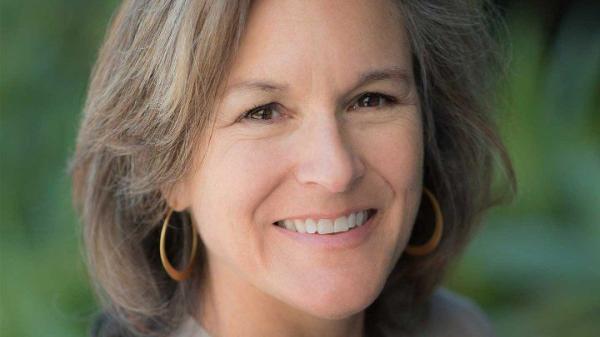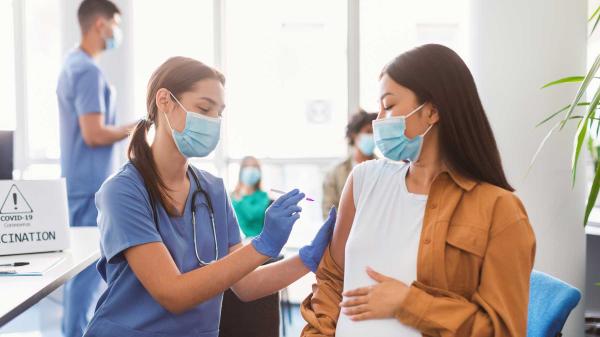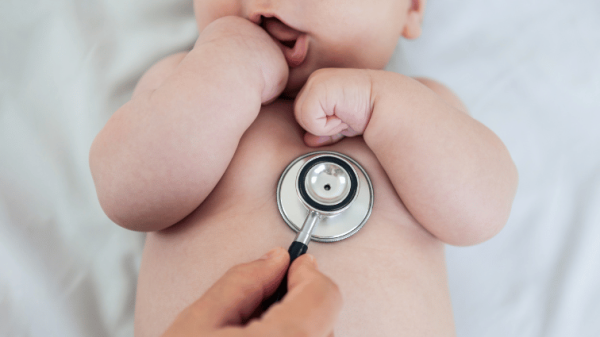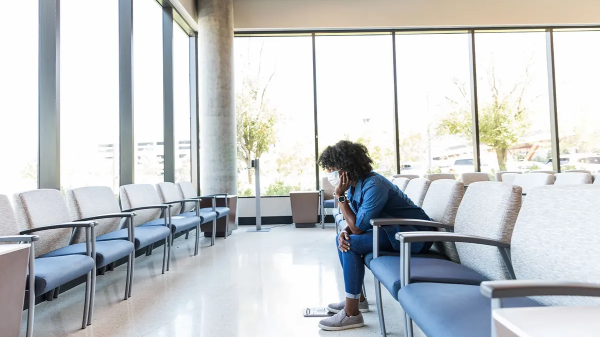By Katherine Conrad
ucsf-covid19-acu-structures.jpg
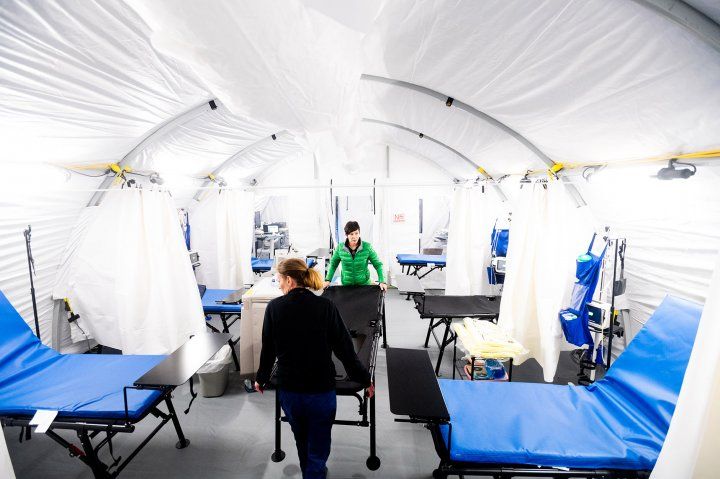
Thousands of UCSF health care workers are mobilizing to prepare for the potential influx of patients sickened by COVID-19, even as hundreds of UCSF scientists race against time to defeat the deadly respiratory virus impacting communities around the world.
Heeding the order to shelter in place, UCSF has boosted telehealth portals to enable health care providers to see patients via phone and video; erected screening tents at UCSF Helen Diller Medical Center at Parnassus Heights and UCSF Medical Center at Mount Zion to cope with the expected surge in patients; and is now gearing up to test up to 1,000 people a day.
“Across UCSF, many teams are working to deliver on our commitment to patients and to accelerate solutions for the global community,” Chancellor Sam Hawgood, MBBS, said. “I’m so grateful for everyone working on the front lines, and for the many colleagues and supporters who have shown such dedication and resilience under these unprecedented circumstances.”
UCSF’s role in this global pandemic has been supported in part by spontaneous donations from the community. As the crisis escalated and San Francisco hospitals prepared for COVID-19 patients, donors began sending funds. Chief among their concerns is providing support for UCSF scientists working to develop diagnostic tests and effective treatments, and ensuring adequate resources exist to serve the city’s most vulnerable populations.
Salesforce CEO Marc Benioff and the Salesforce Foundation were among the first donors to step forward with gifts to accelerate response efforts. “UCSF remains our family’s No. 1 philanthropic target because of the extraordinary commitment they have had to the critical basic research and global health programs needed to not only defeat COVID-19 but also make a healthier world possible,” he said.
As of March 19, donors have already given more than $12 million to help UCSF prepare and respond to the pandemic. Among them is Pete Briger, co-CEO at Fortress Investment Group, and his wife, Devon.
“Philanthropy can help UCSF scientists create diagnostic tests, develop therapies to treat the ill, and accelerate work toward a vaccine to protect all of us,” Briger said. “Our support also can help ensure that doctors and nurses on the front lines have the essential resources they need to care for sick patients. Devon and I are eager to help make a difference, and we hope others will be inspired to do the same.”
Among the crucial areas of work benefiting from donor funding are patient care, molecular fingerprinting of the virus, and a massive collaboration focused on the cell proteins susceptible to COVID-19.
Patient Care
UCSF Medical Center, which has 600 beds at its main campus, has set up COVID-19 wards for patients admitted to the hospital with the respiratory virus. To free up staff, bed space, and supplies, elective surgeries have been canceled. If necessary, doctors may have to practice outside their field; surgeons, for example, could be asked provide emergency care.
An entire floor of the Parnassus Heights hospital has been converted into a negative-pressure environment to provide greater capacity. Negative-pressure rooms are specifically designed for patients with contagious diseases to protect staff and other patients. They look similar to regular rooms, but any air circulating inside is contained and not released into the rest of the hospital.
Also, UCSF Health is opening three respiratory screening clinics at Parnassus Heights, Mount Zion, and Mission Bay to care for patients with respiratory illnesses. This will reduce the volume of patients visiting the emergency department.
UCSF has worked to lessen the backlog of testing by shortening turnaround times and sending tests to the state Department of Public Health. Support from the entire biotech community, as well as from donors, has been crucial in helping prepare for this unprecedented demand.
UCSF also has benefited from the Chan Zuckerberg Biohub’s acquisition of two clinical diagnostic machines, thanks to a donation from the Chan Zuckerberg Initiative. The machines will quadruple the region’s testing and diagnostic capacity.
“As the coronavirus epidemic continues to grow, our ability to rapidly test and diagnose cases is critical,” said Biohub co-president Joe DeRisi, PhD.
DeRisi is a pioneer in clinical metagenomic sequencing, or the ability to read all the genetic material in a given sample. In 2003, he was the first to confirm SARS as a novel coronavirus using the ViroChip, a technology he developed. A recent feature in Wired tells the story of how his brainchild, an online genomic database for rapid diagnostics, is being used to trace the spread of COVID-19 across the globe.
“Procuring these new diagnostic machines will have a significant impact on our ability to respond to the outbreak in a more streamlined way,” DeRisi said.
Research Progress
Infectious disease expert Charles Chiu, MD, PhD, director of UCSF’s Abbott Viral Diagnostics and Discovery Center, has focused on how COVID-19 advances.
“By identifying the mutations that the virus accumulates as it spreads around the world, we can use this evolution as a ‘molecular fingerprint’ to understand the transmission of the disease as well as the public health implications for preventing further spread,” Chiu explained in a March 16 Business Wire story.
On another front, geneticist Nevan Krogan, PhD, director of the UCSF-based Quantitative Biosciences Institute (QBI) Coronavirus Research Group, is spearheading a global effort to decode the virus.
Krogan and his team have fast-tracked efforts to find the proteins in cells that get highjacked by COVID-19. Normally such a search takes two years, but the 22-lab effort finished it in a few weeks. Now Krogan, whose team has created “maps” for viruses including HIV, Ebola, and dengue fever, is working to build COVID-19’s map. The work was recently featured in The New York Times.
“Twenty-two laboratories at QBI dropped everything they were doing to come together, tackle the COVID-19 epidemic, and respond to a need,” Krogan said. “This is how science should be done: as a collaborative human effort.”
Bioengineer Tanja Kortemme, PhD, who collaborates with Krogan, notes that the emergence of the COVID-19 virus makes it clear how urgently scientific advances are needed. “Equally crucial is deploying these advances in the real world,” she says. “Years of research has generated breakthroughs, and now these breakthroughs are showing promise of becoming new treatments.”
“Our staff members are showing such courage in facing an unknown, invisible enemy, and they are doing so eagerly, willingly, and selflessly to help others,” said Mark Laret, president and CEO of UCSF Health. “They are working in very difficult circumstances, and our clinical and scientific teams are putting everything else aside to work around the clock on this crisis. It’s honestly very moving.”

